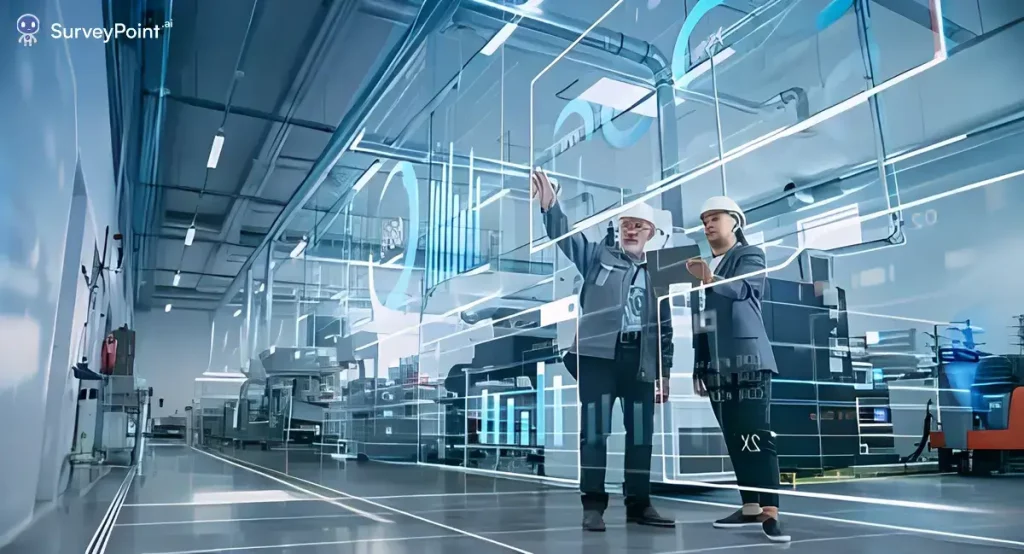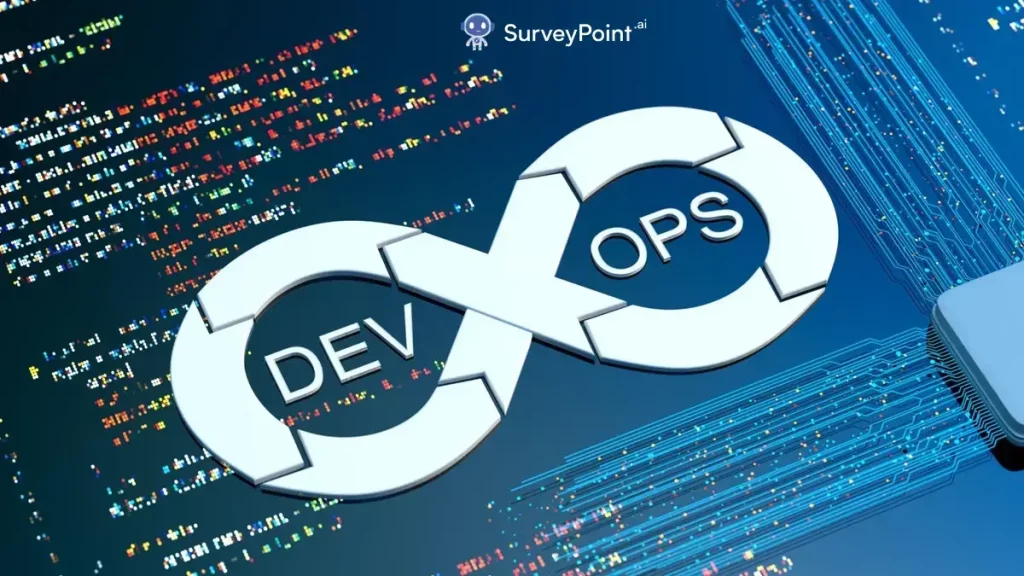
In the dynamic realm of technology, two pivotal roles, Data Engineer vs DevOps, stand at the forefront. Let’s delve into the intricacies of these roles and uncover the reasons why they not only coexist but thrive in tandem.
Data Engineer Roles
Data Engineer vs DevOps Showdown: 7 Reasons Why Both Thrive in the Tech Arena begins with understanding the distinct responsibilities of a Data Engineer. These experts focus on designing, constructing, and maintaining architecture for data generation, transformation, and storage.
DevOps Roles
In contrast, DevOps professionals are the architects of collaboration between development and operations. They streamline the software delivery process, ensuring efficiency and reliability.
Skill Set Showdown
Analyzing the skill set required for both roles reveals an interesting synergy. While Data Engineers emphasize data modeling and database management, DevOps professionals excel in automation and system architecture.
Collaboration in Tech

The essence of their success lies in collaborative efforts. The intersection of data engineering and DevOps is where innovation sparks, making them indispensable in the tech ecosystem.
Thrive Together
Data Engineer vs DevOps Showdown: 7 Reasons Why Both Thrive in the Tech Arena isn’t a competition; it’s a celebration of collaboration. Their symbiotic relationship propels technological advancements.
Scalability: Data Engineer vs DevOps
Data Engineers lay the groundwork for scalable data architecture, ensuring systems can handle growing amounts of data. Meanwhile, DevOps ensures the scalability of the entire software infrastructure.
Continuous Integration

DevOps takes the lead in continuous integration, seamlessly merging code changes. Simultaneously, Data Engineers contribute by structuring data pipelines to support this integration seamlessly.
You Must Read The Ultimate Guide to Writing a Data Scientist Cover Letter That Stands Out in 2024 Data Engineers Success Blueprint: Career, Roles and Responsibilities 2024 Pathstream Data Analytics Mastery: 10 Strategies for Success
Automation
Both roles thrive on automation. Data Engineers automate data processes, while DevOps automates the entire software development life cycle, fostering efficiency and reliability.
Data Management
Data Engineers specialize in managing and optimizing data storage, ensuring it’s accessible and efficient. This aligns seamlessly with DevOps’ focus on efficient resource utilization.
Efficiency
DevOps streamlines processes for faster development cycles. Data Engineers complement this by ensuring that data processes align with the accelerated pace, creating a harmonious workflow.
Problem Resolution
Collaboration shines when issues arise. Data Engineers and DevOps professionals, together, form a powerhouse for swift and effective problem resolution.
Future-Proofing

In an ever-evolving tech landscape, adaptability is key. Both roles, with their distinct yet complementary functions, contribute to future-proofing technological infrastructures.
FAQs
Are Data Engineers and DevOps interchangeable roles?
No, while there’s some overlap, their primary focus differs. Data Engineers deal with data architecture, while DevOps manages collaboration and automation.
Is coding proficiency essential for both roles?
Yes, both Data Engineers and DevOps professionals benefit from coding proficiency, though the languages may vary.
How do these roles contribute to innovation?
Their collaboration sparks innovation by combining robust data management with streamlined development processes.
Can one person handle both roles?
In smaller teams, individuals may wear multiple hats, but as responsibilities grow, specialized roles become crucial for efficiency.
Are these roles exclusive to large tech companies?
No, businesses of all sizes benefit from Data Engineers and DevOps professionals to enhance their technological capabilities.
How does collaboration between these roles impact software reliability?
The collaborative efforts ensure that data processes and software development are aligned, enhancing overall system reliability.
What is the salary of a DevOps engineer vs data engineer?
The median salary for a DevOps engineer in the United States is $110,000 per year, according to the U.S. Bureau of Labor Statistics (BLS). The median salary for a data engineer in the United States is $106,000 per year, according to the BLS.
However, there is a significant range in salaries for both DevOps engineers and data engineers. The top 10% of DevOps engineers earn more than $167,000 per year, while the bottom 10% of DevOps engineers earn less than $63,000 per year. The top 10% of data engineers earn more than $149,000 per year, while the bottom 10% of data engineers earn less than $63,000 per year.
The salary for a DevOps engineer or data engineer can also vary depending on location, experience, and skills. For example, DevOps engineers in San Francisco earn an average of $152,000 per year, while DevOps engineers in Atlanta earn an average of $101,000 per year. Data engineers in San Francisco earn an average of $143,000 per year, while data engineers in Atlanta earn an average of $94,000 per year.
In general, DevOps engineers and data engineers are both in high demand and are expected to continue to be in high demand for the foreseeable future. This means that there is a good chance that these jobs will continue to be well-paid.
Here is a table that summarizes the median salaries and salary ranges for DevOps engineers and data engineers:
| Job Title | Median Salary | Top 10% | Bottom 10% |
| DevOps Engineer | $110,000 | $167,000+ | $63,000 |
| Data Engineer | $106,000 | $149,000+ | $63,000 |
Conclusion
In the Data Engineer vs DevOps Showdown: 7 Reasons Why Both Thrive in the Tech Arena, the verdict is clear these roles aren’t adversaries; they’re allies. Their synergy creates a robust technological ecosystem, fostering innovation, efficiency, and reliability.


